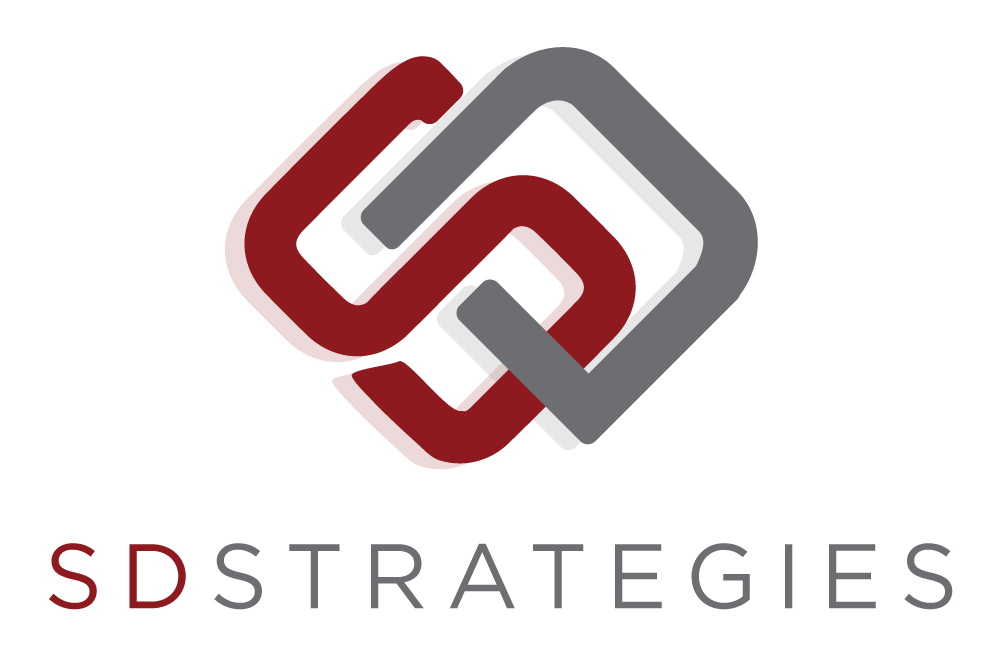A Review of Country Modern Slavery Risk Ratings in Light of COVID-19 and Corruption
The COVID-19 pandemic has caused widespread and serious disruptions to the fight to tackle modern slavery worldwide. As borders closed, economies struggled and supply chains were put under strain, the risk of modern slavery increased significantly for many of the world’s most vulnerable. Interrupted migration meant that people living and working overseas were often unable to return home, the economic situation of many families deteriorated while work opportunities became limited, and the rising demand for products such as PPE caused a global race to secure enough medical equipment to handle the impending waves of stress on healthcare systems.
On the 28th January 2021, Transparency International released its 2020 Corruption Perception Index (CPI), a tool that ranks countries according to their perceived level of corruption as determined through a series of corruption statistics and interviews with business-people and researchers. This year, the CPI had a particular focus on the pandemic, looking at the relationship between perceived corruption, trust in public healthcare systems, and COVID-19 response effectiveness.
Including corruption risks into supplier risk analysis is key to understanding where an entity’s potential risks of modern slavery lie. Considering the updated statistics provided in the 2020 CPI, SD Strategies has updated its Country Risk Analysis Tool to reflect the changing nature of corruption during COVID-19. As part of our multi-phase approach to assessing country risk, corruption risks are central to understanding how enforcement of existing protections impacts the vulnerability of workers to situations of modern slavery.
One major consequence for business has been the disruption to supply chains caused by the pandemic. Interruptions to suppliers and the scarcity of in-demand goods has led governments and businesses alike to turn to new suppliers or engage in third party agencies hired to coordinate logistics and overcome the changing border closures. Without modern slavery due diligence, the risk of corruption occurring in these new business relationships can be quite high, particularly in an international climate where human trafficking and modern slavery is increasing at a rate higher than what we have seen in years.
Corruption and modern slavery during the pandemic reaches beyond increasing vulnerability of workers due to deteriorating financial situations. It highlights the importance for corporations and governments to maintain ethical sourcing practices, due diligence processes, and to set reasonable payment and production timelines for suppliers to reduce the risks associated with modern slavery or human trafficking.
The SD Strategies Country Risk Analysis tool uses the CPI as part of a multi-phase country risk analysis that provides businesses with an understanding of risks of modern slavery stemming from vulnerability and social protection, a lack of legal protections, and risks to enforcement.
The importance of a multi-phase approach is highlighted in stories emerging from the UK, where emergency COVID-19 response legislation led to the government procuring PPE from companies with little oversight or due diligence. Suppliers were subsequently linked to multiple modern slavery allegations, including the use of North Korean forced labour and engaging companies known for migrant worker abuses in Malaysia. Although the UK is often held up as a country at the forefront of tackling modern slavery in corporate supply chains, the heightened risk of corruption during COVID-19 procurement has meant that these legal protections have not been enforced under emergency COVID-19 relief legislation. While legal protections in force in the UK have remained unchanged, the level of enforcement has been impacted.
The CPI highlights the situation in Bangladesh, where the pandemic has increased corruption such as bribery in health clinics, misappropriated aid, and corrupt practices in the provision of PPE has diverted funds from important healthcare responses. The report finds that ‘corruption is pervasive in the procurement of medical supplies and contracts between powerful businesspeople and government officials’.
The complexities posed by multiple factors such as corruption, vulnerability, legislation, enforcement and modern slavery limit not only the accuracy of single-focus indices, but also their utility for businesses when assessing modern slavery risks in supply chains.
While the 2020 CPI highlights the relationship between corruption and adverse health impacts, it also stresses that an increase in corruption globally has dire impacts for those living in or at risk of being coerced into conditions of slavery. During a pandemic, the pressure on businesses to quickly secure available suppliers and continue service provision with the least possible interruption is high. Importantly, the need for supplier due diligence also increases as vulnerable workers in Australia and around the world become more vulnerable to the economic impacts of the pandemic.
Incorporating assessment of corruption not only into a single index, but into a multi-faceted understanding of where an entity’s risks lie, provides a more robust approach to assessing and addressing modern slavery risks in complex, multi-tiered global supply chains.

